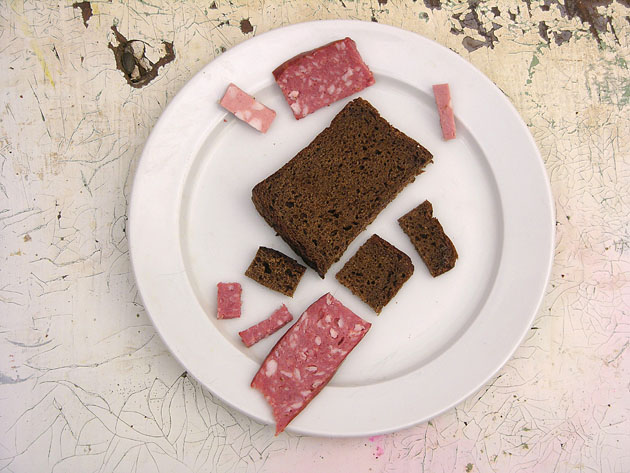Workshop at Princeton University
March 28-29, 2014
In the more than two decades since the collapse of the Soviet Union, Russian literature has enjoyed a period of freedom unprecedented in it over the last century. This freedom has extended to all aspects of literary production and consumption. It has allowed Russian literature to extraordinarily expand the range of themes and issues, as well as the approaches to history and the present; it has presented ample opportunities for aesthetic experimentation and for the development of new trends, styles, and genres. The appearance of a new generation of writers who have already succeeded in establishing and asserting themselves in literature is a testimony to the steady growth of post-Soviet Russian literature. This literature has already seen the creation of quite a few significant works, many of which enjoy great popularity with English-speaking audiences: readers have gained access to and familiarity with these works through comprehensive translations, literary and film adaptations, and a number of works (predominantly, articles) about them. This familiarity with individual texts and authors has increased the public’s awareness of lesser known works, and has consequently given rise to a desire for a more complete understanding of the cultural contexts of contemporary Russian literature. Contact with Russian writers has dramatically increased over the last decade as they regularly visit Great Britain and America, meeting frequently with readers and speaking in universities. The fact that Western students now spend much more time in Russia than they did in the Soviet era suggests that their interest in specifically contemporary Russian literature is particularly great.
Unfortunately, it cannot be said that this interest is by any means successfully satisfied. Often among academic readers, to say nothing of non-specialists, the widespread impression of Russian literature is limited to the major works of the great nineteenth-century writers and perhaps a few by heroic modernists of the Soviet period. For some of these readers, Russian literature ceases to exist after Solzhenitsyn and Brodsky—that is, after the end of the Soviet era. The participants of the workshop, leading scholars of contemporary Russian literature from the US, UK, and Russia intend to challenge this assumption. The workshop will provide valuable information about the historical, cultural, and political contexts of post-Soviet Russian literature based on recent scholarship, and will situate the most influential individual authors and their most prominent works within these contexts.
The workshop (and the subsequent volume) will encompass broad, complex, and diverse sources of literary material—from popular novels to experimental prose and poetry, from nonfiction to hyper-naturalist drama. It will introduce literary trends such as Postmodernism, Magical Historicism, Hyper-naturalism (in drama), and the New Lyricism. Participants do not share a single theoretical approach that would constrain the different angles from which the literary material isdiscussed. Some of presentations will analyze new literary trends and forms (the postmodernist novel, Magical Historicism, New Drama, experimental poetry). Others will investigate the transformations of more or less traditional forms and genres (the ideological novel, the historical novel, (auto)biographical narratives, new lyricism, narrative poetry. A third group of papers will isolate particular modes of writing associated most closely with the specifics of the post-Soviet cultural condition (the “recycling” of the Soviet; traumatic writings; and “Petropoetics,” on the phenomenology of oil in post-Soviet Russian literature). Along with new, post-Soviet authors, the workshop will address the works of (mainly underground and émigré) writers who rose to prominence in the late Soviet period and successfully continued their creative activity after 1991, being accepted in the post-Soviet cultural milieu as important sources of literary influences.
 The workshop is sponsored by The Program in Russian, East European, and Eurasian Studies at Princeton University and The Princeton Institute for International and Regional Studies (PIIRS).
The workshop is sponsored by The Program in Russian, East European, and Eurasian Studies at Princeton University and The Princeton Institute for International and Regional Studies (PIIRS).
Organizers: Mark Lipovetsky and Serguei Oushakine.
Credits: Images are from the series Kitchen Suprematism (2005-2006) by Blue Noses/Синие носы.
